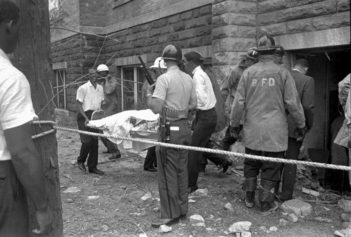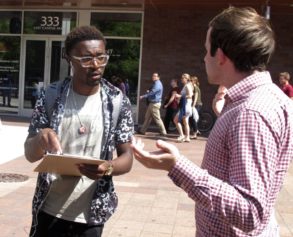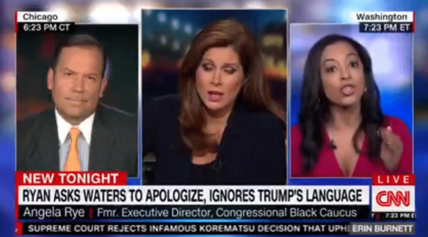No matter who wins the presidential race next week, the practice of polling is likely to take a big hit.
Polls often vacillate during a campaign, but the ability to use polling as representative of the views of the American public overall—and specific interest groups in particular—is not as reliable as in years past because of improvements in technology that diminish the inclusiveness of sample.
Just as the television industry has found it difficult to get people to watch commercials, pollsters find a lot of people have taken themselves out of the pool.
Primarily, fewer people have landline telephones, which traditionally have been a staple in surveying prospective voters. Add to that the public’s general unwillingness to deal with telemarketers, automated Robo-calls and their ability to use Caller ID and personal answering systems to screen calls and you have a formula for a smaller, less reliable pool of information.
A recent study by the Pew Research Center found that it takes about 10 phone calls now to get just one response, compared to three calls for every one response in 1997.
Further, the young, the poor and people of color are more likely to rely solely on a cellphone, meaning that they are less likely to be polled in a telephone survey.
They also tend to be more Democratic.
According to The Washington Post, in 2011, 32 percent of Americans ages 18 and older had only a cellphone, up from 16 percent in 2008, while 60 percent of Americans 25 to 29 relied solely on mobile phones.
There are some pollsters that canvass voters via cellphones, but it is not a big enough trend to yield reliable polling results. Further, The Post reported, by the 2016 election half of Americans could well be exclusive cellphone users.
In what is expected to be an extremely tight race, the accuracy of the polls will be studied very carefully to see which pollsters were on the right track and who gains or loses the most credibility.
Post columnist Robert J. Samuelson said another factor that may affect polling in the future is cost.
“Contacting cellphones is expensive, because numbers must be dialed by hand. By contrast, computers can automatically dial landline numbers, making it easier to reach live people,” Samuelson wrote, noting that a typical survey for Pew, for example, already costs $60,000-$100,000.
Samuelson added, parenthetically, that Congress prohibited computer calls to mobile phones to protect people from having to pay for unsolicited calls under their data plans.
Savvy cellphone owners have figured out how to screen hand-dialed calls by saving unwanted numbers in their contact files and when the numbers show up, the callers are identified as “spam.”
The expense of calling cellphone owners could increase exponentially if it were to hire more people to call landline and cell numbers in order to get 1,500 useable 20-minute interview calls for one survey.
So while advertisers, political parties, candidates and researchers look for ways to figure out which way the wind blows for their products, causes and candidates, perhaps what the polls are really telling them is that Americans don’t want to be counted until all the votes are in.
Jackie Jones, a journalist and journalism educator, is director of the career transformation firm Jones Coaching LLC and author of “Taking Care of the Business of You: 7 Days to Getting Your Career on Track.”


